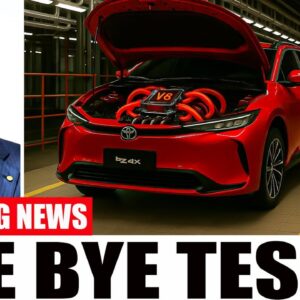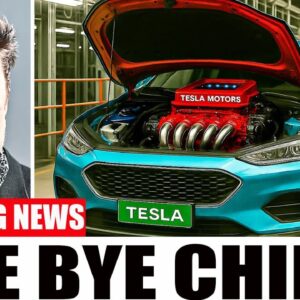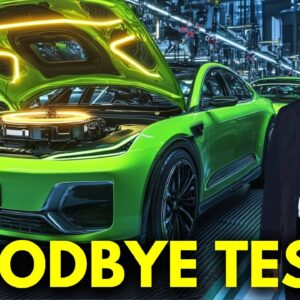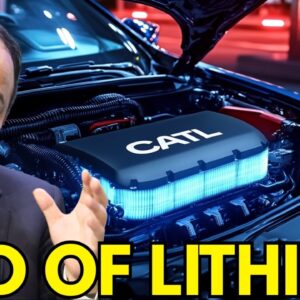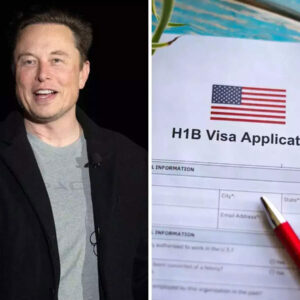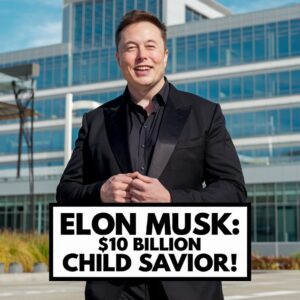Honda CEO: This NEW Engine Will Shake the Entire EV Industry!
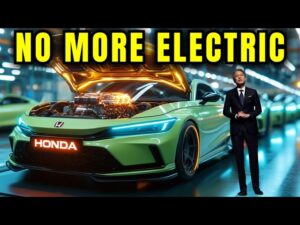
In a bold statement that’s sent shockwaves across the automotive world, Honda’s CEO has announced a groundbreaking new engine that could redefine the electric vehicle (EV) landscape. Known for its engineering prowess and decades of innovation, Honda is making headlines with its latest leap forward — an advanced electric powertrain that promises to set new industry standards in performance, efficiency, and sustainability.
At the heart of this technological breakthrough is Honda’s next-generation solid-state battery system, paired with an ultra-compact, high-output electric motor. Unlike traditional lithium-ion batteries, solid-state batteries offer significantly higher energy density, faster charging times, and improved safety. According to Honda, this new battery can charge to 80% in under 15 minutes while offering a range exceeding 600 miles on a single charge — figures that surpass even the most ambitious EV benchmarks set by current market leaders.
But that’s not all. The engine, which Honda refers to as the “eAXIS-X platform,” also integrates a revolutionary thermal management system and AI-driven energy optimization. This means the vehicle continuously learns and adapts to a driver’s behavior and environmental conditions to maximize range and performance. In urban settings, this translates to lower energy consumption and smoother rides, while in long-distance travel, it ensures sustained high performance without overheating.
Speaking at a press conference in Tokyo, Honda CEO Toshihiro Mibe emphasized the significance of this development. “This is more than just a new engine — it’s the foundation for a new era in electric mobility,” he said. “We are not just keeping up with the EV revolution; we are redefining it.”
Industry experts agree. Many analysts believe that Honda’s innovation could place the company at the forefront of the EV race, challenging giants like Tesla, BYD, and Lucid. The engine’s modular design also makes it suitable for a range of vehicles, from compact city cars to high-performance SUVs, potentially disrupting multiple segments of the market.
With plans to begin production in late 2025 and integration into upcoming models by 2026, the countdown has begun. As competitors scramble to respond, one thing is clear: Honda’s new engine could be the seismic shift the EV world wasn’t expecting — but now must prepare for.
